No products in the cart.
Return To Shop
Log in / Sign in
Login
Register
Nobody’s Children, Owners of Nothing: Sexual Violence and Impunity in Chhatisgarh
₹ 70
The narrative of Chhattisgarh’s indigenous population is one of violence, displacement, and as this essay will explore, several cases of sexual assault. The authors trace sexual violence and repression at the hands of the police, the Salwa Judum, and the state and central governments, all of which have enjoyed a great degree of impunity in the region.
The conflict between the state and the left-wing insurgent groups has created an environment of fear, and with it a number of impediments to the documentation of sexual violence in the affected areas. It is in this vein that the essay traces the stories of Soni Sori and Meena Xalxo as two out of many cases of torture and extrajudicial murder, most of which do not emerge into the dominant narrative. The essay also analyses the circumstances and effects of migration on the people that did manage to flee the conflict-ridden zones, as well as those who were forced to move to the Judum camps where living conditions were abysmal.
Guneet Ahuja and Parijata Bhardwaj are lawyers who have fought for the implementation of adivasi rights, and this piece relies on sources both ‘official’ and oral, which when taken together are telling of the extent of violence occurring in the region. The essay is a detailed analysis of what happens when authorities dismiss human lives as mere impediments to development, and state forces reject a distinction between civilians and warring groups. It concludes with a call to end excessive military campaigns against the state’s own people and engage with the cause of the Maoist struggle, and, very significantly, to provide reparations and fundamental rights to those who have suffered for many, many long years.
Category: e-Essays
Tags: Chhattisgarh, impunity, sexual violence, State crimes and impunity, state impunity, SVI| Author | |
|---|---|
| Year of Publication | |
| Format | |
| Page Count | 46 |
| Book Title | Fault Lines of History: The India Papers II |
Be the first to review “Nobody’s Children, Owners of Nothing: Sexual Violence and Impunity in Chhatisgarh” Cancel reply
You must be logged in to post a review.
Related products
Fault Lines of History: The India Papers II
Select format This product has multiple variants. The options may be chosen on the product pageA Difficult Transition: The Nepal Papers
Select format This product has multiple variants. The options may be chosen on the product pageContact Us
© Zubaan 2019. Site Design by Avinash Kuduvalli.
Payments on this site are handled by CCAvenue.


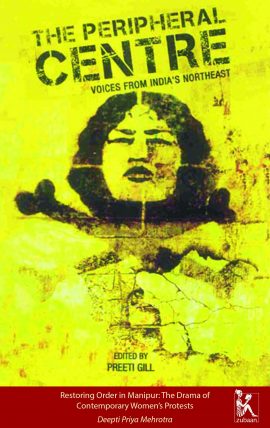
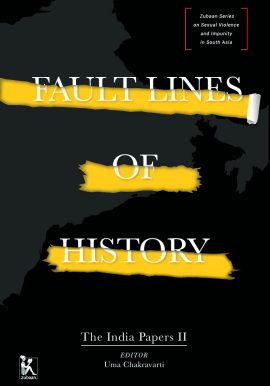
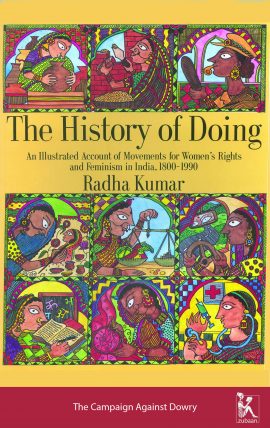
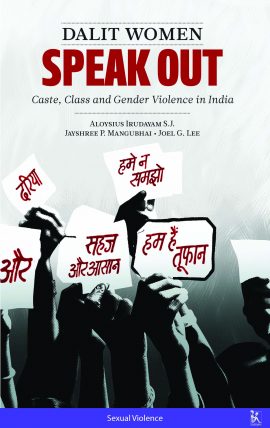
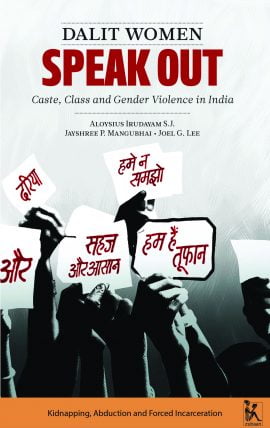
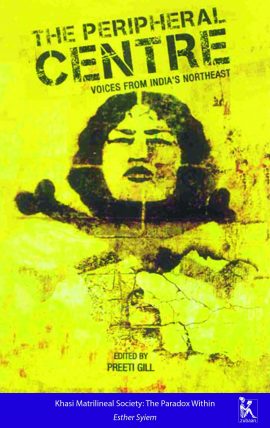
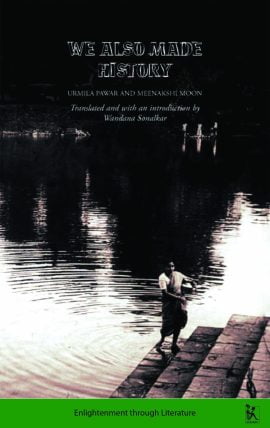
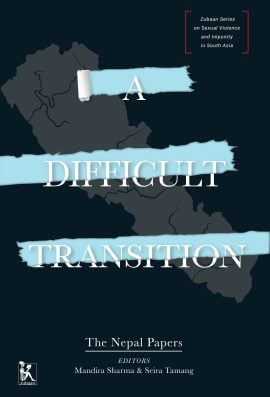

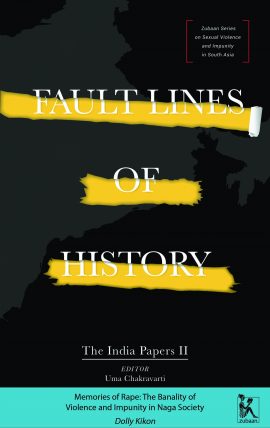
Reviews
There are no reviews yet.